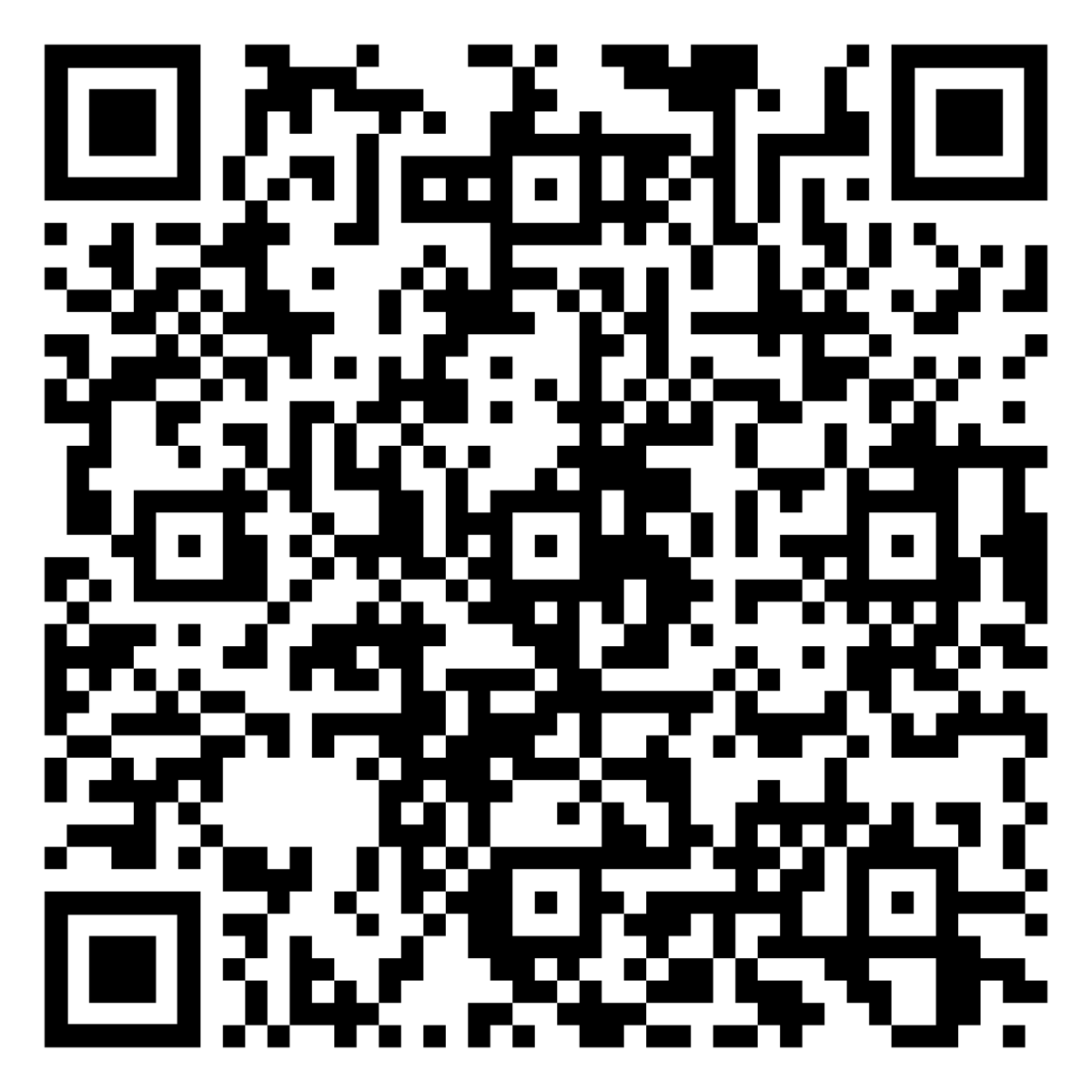Writer and editor Larry Smith brought his Six-Word Memoir workshop to the Dibden Stage on Thursday, Sept. 13.
The event started out simply, with Smith playing a slideshow as he explained the meaning of his idea. Near the end of his presentation, Smith told the audience to write their own memoirs, giving them a minute to brainstorm with pencils and slips of paper.
Once they were finished, he passed a microphone around so that everybody could share. “Autism is just another world to explore,” said one woman. “I’m the other kind of friend,” said another. “People suck, play more video games,” said a third participant. In the end, everybody was applauded.
As Smith explained, the six-word memoir is a style of extremely short story designed to achieve maximum purpose with minimum words. Smith claims that he drew his inspiration from a story about Ernest Hemingway, who was challenged to make a six-word story and wrote, “For sale: baby shoes, never worn.” By limiting the size of the story to its barest minimum, Smith claims this compressed format focuses the writer’s imagination with its constraints, and making it a memoir gives writers a topic they know.
Smith’s website, smithmag.net, is designed to encourage inexperienced writers to try creating stories. Most notably, the button to submit a memoir is not labeled Submit, but Publish. “If you treat non-professional writers like pros, they’ll rise to the challenge,” Smith said, noting that many of the users who publish their memoirs on his website are either young people who have never published anything before, or older people who haven’t written in years. He also shared stories about people who began being published soon after his website gave them a push to get started.
Six-Word Memoirs works alongside non-profit organizations such as “To Write Love On Her Arms,” and encourages depressed individuals to accept help. The website also features longer stories by writers seeking other challenges.
Smith began as a communications major in college, where he was involved in the college’s school newspaper. He has previously been an editor on the magazine P.O.V., editor-in-chief of Egg, and an editor of Might magazine, along with having been published in Popular Science, the New York Times and other publications. Smith used the knowledge of human communication he had gathered to his advantage when he first began his project. “It wasn’t a sneaky thing I did,” he said. “But if you give 1,000 free books to people who want them, they will be your evangelists.”
He also wears a shirt displaying a six-word memoir on a blank background at presentations such as the one at JSC, explaining that the quote often makes a good conversation starter and that when people are interested in trying a memoir, “they ‘get’ it.”
Today, he has had many compilation books of six-word memoirs published, including “Six Words About Work,” “Six-Word Memoirs By Teens Famous and Obscure,” “Not Quite What I Was Planning: Six-Word Memoirs Written by Writers Famous and Obscure,” and “Oy! Only Six? Why Not More? Six Word Memoirs about Jewish Life.”
The next planned compilation is an illustrated book featuring memoirs made by TED speakers.
Smith is pleased that his idea has grown from its origins to the phenomenon it is today. “It wasn’t just this thing on Twitter [anymore],” said Smith. “It was something for everyone.”



